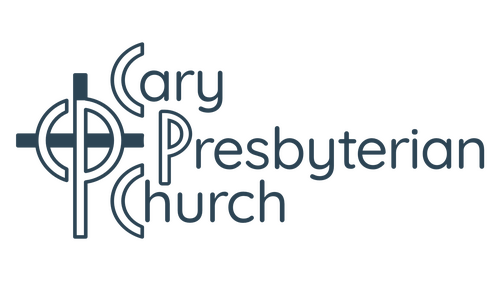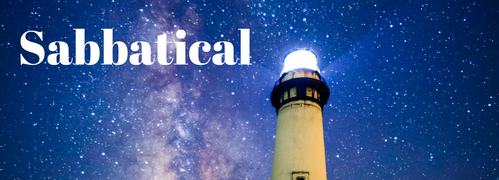

Daily Primer — July 20, Nanortalik, Greenland
Each day you will be given:
A Florilegium entry
A Daily Prayer
and a Night Prayer.
A Florilegium entry
A Daily Prayer
and a Night Prayer.
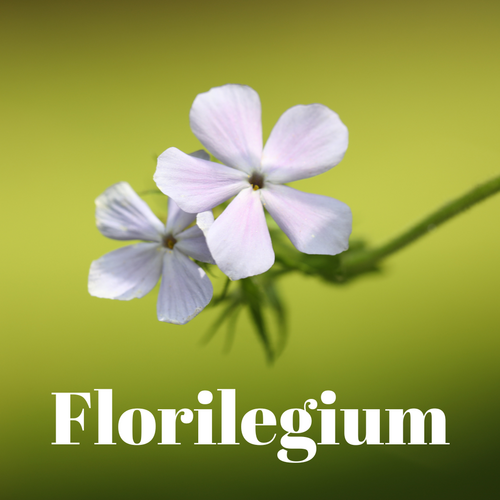
If you go into the desert merely to get away from people you dislike, you will find neither peace nor solitude; you will only isolate yourself with a tribe of devils.
===========
If creation, as Calvin insisted, is a continuing event, ever unfolding from the hand of God, ever responding in praise of God’s glory, the world as theater is an appropriate image for expressing a theology of nature intently focused on celebration.
===========
If creation, as Calvin insisted, is a continuing event, ever unfolding from the hand of God, ever responding in praise of God’s glory, the world as theater is an appropriate image for expressing a theology of nature intently focused on celebration.
Thomas Merton — New Seeds of Contemplation #8 Solitude Is Not Separation
And then:
Belden Lane, Ravished by Desire: The Surprising Legacy of Reformed Spirituality, p. 62.
And then:
Belden Lane, Ravished by Desire: The Surprising Legacy of Reformed Spirituality, p. 62.
Florilegium is the Medieval Latin word for bouquet, or more literally flowers (flos, flor-) which are gathered (legere). The word florilegium was used to refer to a compilation of writings, often religious or philosophical. These florilegium are literary flowers—beautiful words/prayers/thoughts I have gathered. During my sabbatical they will give me something to ponder each day. — PHL.
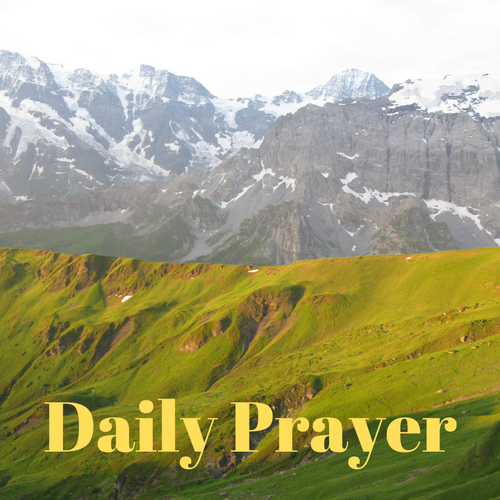
Too long have I worried about so many ‘things’:
And yet, my Lord, few are needed!
May I today, live more simply
— like the bread
May I today, see more clearly
— like the water
May I today, be more selfless
— like the Christ.
And yet, my Lord, few are needed!
May I today, live more simply
— like the bread
May I today, see more clearly
— like the water
May I today, be more selfless
— like the Christ.
traditional Russian prayer in Iona - A Pilgrim’s Guide by Peter Millar, p.34.
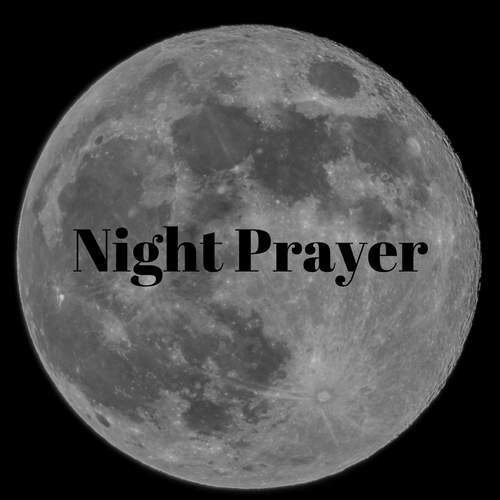
I pray to God the Father, God the Son,
And to God the Holy Spirit,
Whose infinite greatness
Enfolds the whole world,
In Persons three and one,
In essence simple and triune,
Suspending the earth above the waters,
Hanging the upper air with stars,
That he may be favorable to me, a sinner,
Who righteously justifies all who err,
Who ever-living lives.
May God be blessed for ages. Amen.
Let it be so. Let it be so.
Eloe, Sabaoth, Ya, Adonai,
Eli Eli lama sabachthani.
And to God the Holy Spirit,
Whose infinite greatness
Enfolds the whole world,
In Persons three and one,
In essence simple and triune,
Suspending the earth above the waters,
Hanging the upper air with stars,
That he may be favorable to me, a sinner,
Who righteously justifies all who err,
Who ever-living lives.
May God be blessed for ages. Amen.
Let it be so. Let it be so.
Eloe, Sabaoth, Ya, Adonai,
Eli Eli lama sabachthani.
A prayer of St. Moucan / Meugan / Maucan a Welsh saint of the late 5th century. The final two lines of transliterated Hebrew are a list of names for God: “Mighty God, Lord of Hosts, I Am who I Am, Lord,” followed by a quote of Psalm 22:1 “My God, My God, why have you forsaken me?” This prayer is as published in Celtic Spirituality - The Classics of Western Spirituality, p. 301.
